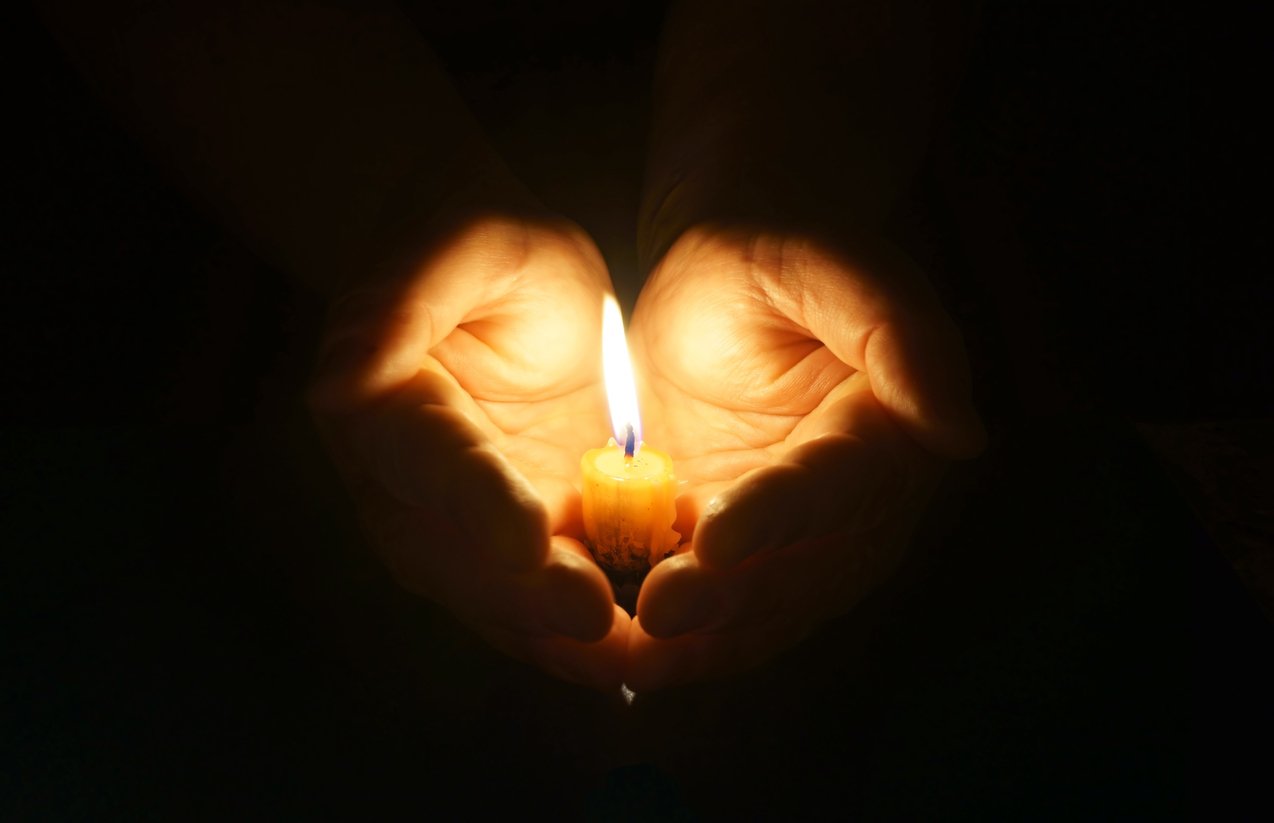If you’ve been to a yoga class, you might have had an instructor who offered suggestions for phrases or mantras that can be focused on throughout the class. At a recent class that I attended, the instructor encouraged us to be mentally present while moving through poses and to respond to our bodies “with curiosity and compassion”.
Curiosity and compassion.
This phrase stuck with me after the class and I realized that it was also helpful guidance for people with diabetes.
Do you keep a log of your blood sugars? Or perhaps you track them continuously through a meter?
Self-monitoring of blood glucose is one of the seven self-care behaviors from the American Association of Diabetes Educators (AADE). When you have diabetes, your body doesn’t properly manage blood sugar. This means you’ll need to monitor how your blood sugar responds to your food and beverage choices, physical activity, stressors, and other lifestyle factors.
It’s normal for your blood sugars to go up and down during the day. You’ll be given target ranges for your blood sugars from your health care provider as well as recommendations for how often to check them.
Once you’ve started logging, what do you do with these numbers? That’s where you might find yourself struggling to practice self-care. Maybe the numbers are higher than your ranges and you’re frustrated. Maybe they are lower than your ranges and you’re blaming yourself for a scary low blood sugar experience.
Blood sugar logs aren’t a reason to self-judge or feel guilty. Instead, look at your blood sugar logs with a mindset of ‘curiosity and compassion’.
Be curious.
“What might have caused those numbers to be out of range? Is it related to a food choice? Exercise? Taking my medication differently than prescribed? Illness? Stress? A meter error? Do I know how to keep myself safe if my numbers are higher or lower than my range? Is there something I can do differently in the future to stay in range?” Ask yourself these questions in the same way you might help a family member or friend to troubleshoot.
Have compassion.
Show yourself the same kindness that you would to a family member or friend who needs an emotional boost.
“These out-of-range numbers don’t make me a bad person. There are dozens of factors that impact blood sugars. Some factors are in my control and some are not. I am proud of myself for tracking these numbers. Without tracking, I wouldn’t be able to learn how my blood sugars respond to my lifestyle. Diabetes is a full-time job and I am doing my best to take care of myself.”
While I’m using the example of blood sugar logs, this can be applied to other situations too, such as food logs or weight charts. All of these self-monitoring strategies can be improved if you review them with curiosity and compassion.
Instead of getting trapped in an unproductive cycle of self-blame, this mindset allows you to respond more productively to behaviors that you would like to change. Curiosity helps you to think about choices from a neutral and unbiased perspective. Having compassion encourages self-kindness and a judgment-free zone.
Are there areas of your life that could use more curiosity and compassion?
